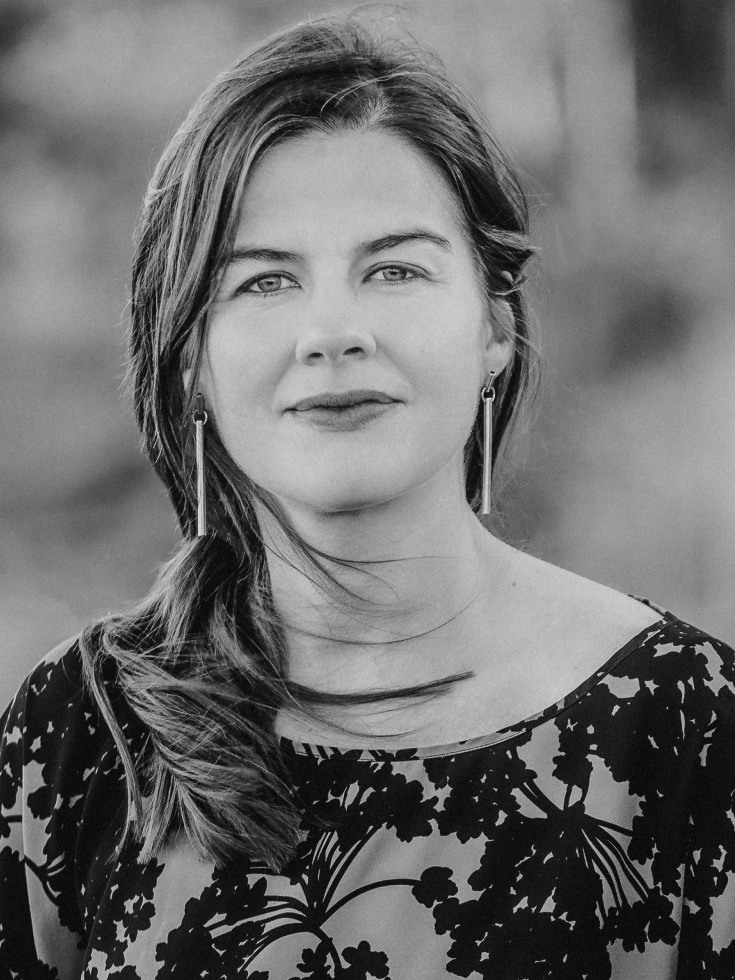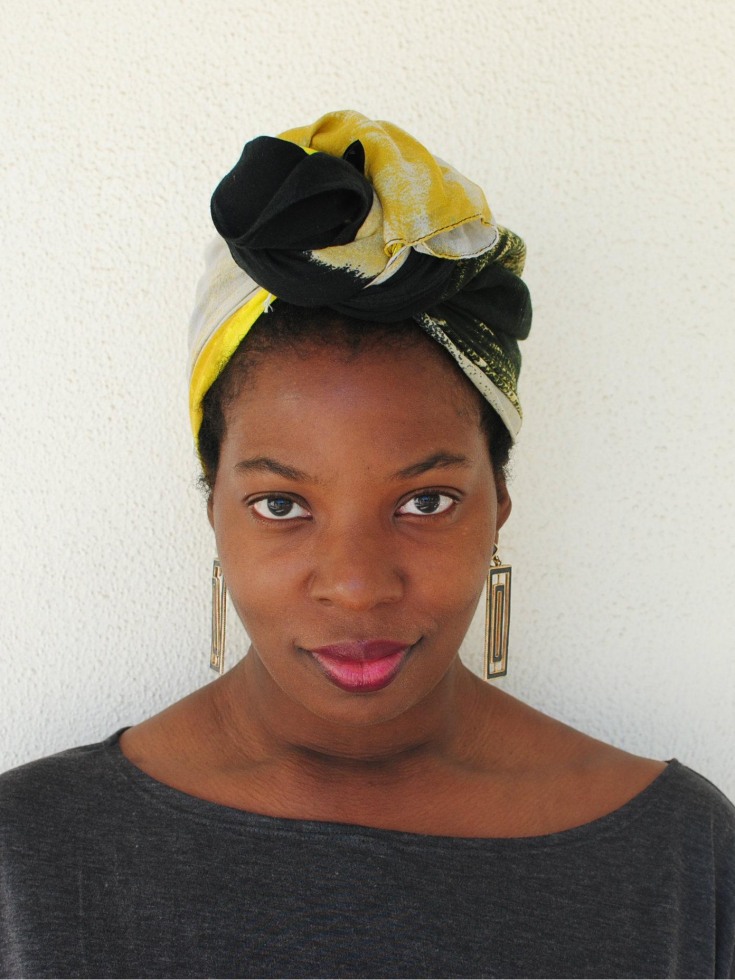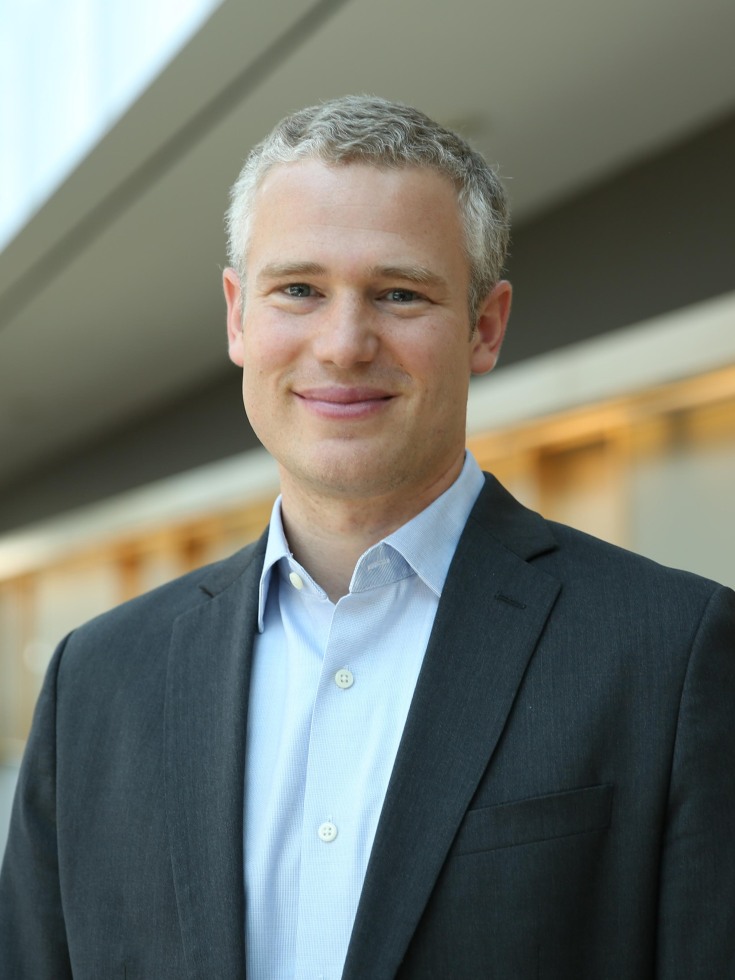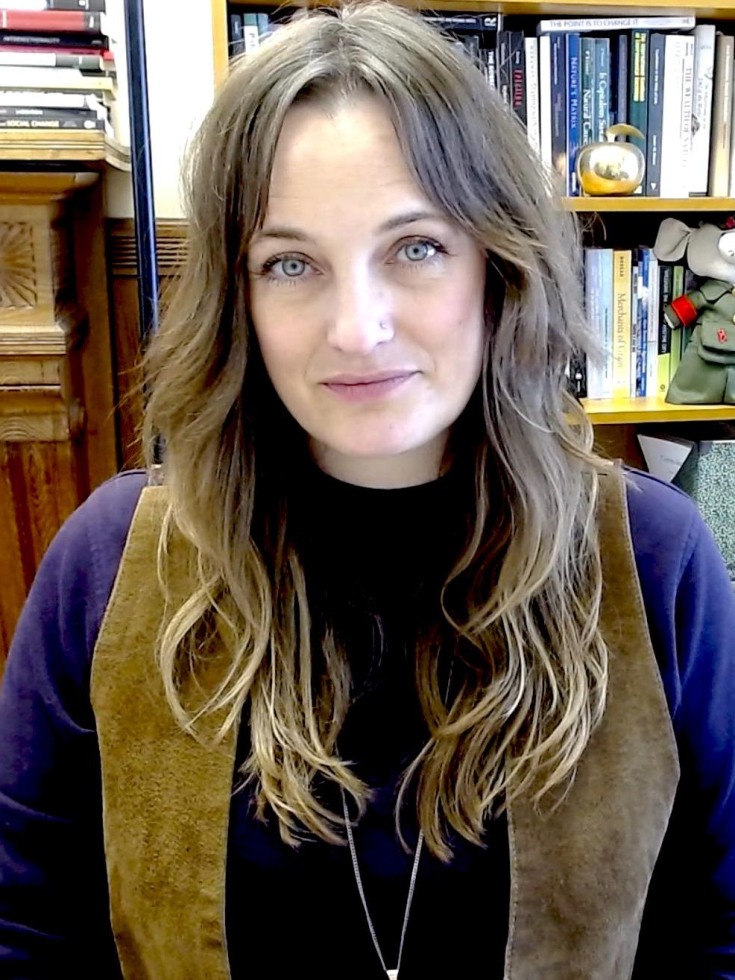Distributed annually, IBES Catalyst Research Awards enable faculty to pursue research that crosses disciplinary boundaries, engages meaningfully with non-academic partners, and shows potential for societal impact. Meet this year's Catalyst recipients and learn how they plan to use their grants!
IBES Announces 2024 Catalyst Research Awardees
IBES awarded grants to four core and affiliate faculty members, allowing them to pursue uniquely fulfilling projects at Brown and far beyond.
After 10 years of weaving testimonial literature together with first person nonfiction, I find myself struggling with how to maintain this documentary practice while also granting myself the space to evolve as an artist. I am thrilled to have a year to explore and search for new forms to support and shape my writing practice.

Elizabeth Rush: 'These Andes'
Rush, an IBES fellow and assistant professor of the practice in the Department of English, will use her Catalyst Award to support the research and development of These Andes: a polyvocal, autofictional book focused on the art of bicultural family-making in a broken world. Spending the 2024-2025 academic year based in her husband's hometown of Bogota, Colombia, she will interview and document the lives of people whose labor often goes unaccounted for in official records, as she did in previous works Rising and The Quickening. In this case, she will specifically focus on the women who maintain the homes of white-collar Colombians and those who act as caretakers to the paramos, a high alpine ecosystem endemic to the Andes that acts as the country’s aquifer. These interviews and the observations and notes that Rush gathers will serve as the backbone of These Andes.
As a public health researcher working in a vulnerable community, it is important for me to ascertain who the most important public messengers are. I also have to have the humility to recognize that I may not be that messenger, and instead empower the voices of those who are. I am excited to gain perspective.

Erica Walker: 'Trusting the Source: How Intergenerational Environmental Education Empowers Community Trust'
Walker — an IBES affiliate, assistant professor of epidemiology, and founder of the Community Noise Lab at Brown University — will use her Catalyst funding to pilot a school-year-long environmental health and education project in West Jackson, Mississippi.
Since 2022, Walker's lab has collaborated with the Center for Social Entrepreneurship (CSE) on various community-based water quality projects. Through a series of conversations in communities across Jackson, CSE has learned that, despite the federal takeover of Jackson’s water supply and recent reports highlighting the safety of Jackson’s drinking water, perceptions of water quality are still quite poor. The majority of West Jackson residents — in particular, senior citizens — do not trust the water. As a result, CSE has seen an uptick in reports of dehydration in senior citizens in the community. This lack of trust and associated behavior also trickle down to younger generations, as 33% of seniors in Mississippi are raising their grandchildren.
Leveraging her current partnerships and lab infrastructure in Mississippi, Walker and her team will work with West Jackson middle school students to:
- Administer a water quality perception, trust, and usage survey to West Jackson families led by senior citizens who are currently enrolled in a Community Noise Lab health study
- Teach enrolled children how to test their tap water and report results to their parents or guardians
- Conduct a post-water quality perception survey to gauge any differences in senior citizens' water quality perceptions and usage once results are provided by a source they trust: their children
I'm thrilled to launch a new initiative at Brown to make our K-12 education system both more resilient to and part of the solution for addressing climate change.

Matthew Kraft: 'K-12 Public Schools and Climate Change: Risks and Opportunities'
Kraft, an IBES affiliate and associate professor of education, knows that climate change presents a substantial threat to all students' learning environments. However, the emerging risks of climate change are not thoroughly understood by education policymakers or widely reflected in education policy or practice. Kraft's Education Systems and Climate Change Initiative, housed at the Annenberg Institute of Brown University, aims to fill this gap by pursuing a new line of research about the risks that climate change poses for public education and the ways in which schools can contribute to climate solutions.
This new Catalyst-funded initiative will conduct rigorous research along six broad areas:
- Measuring the direct and indirect effects of climate change on student learning and school system operations
- Designing education systems that are resilient to climate change
- Reducing the carbon and ecological footprint of education systems
- Integrating climate science across curricula and teaching about environmental stewardship
- Exploring the use of schools as neighborhood sites for sustainable infrastructure, land use, and food waste reduction demonstration projects, as well as community influence
- Developing formal training opportunities in K-12 schools for the green economy
I’m eager to collaborate with environmental justice practitioners and scholars at Brown and beyond to better understand the diverse conditions within which the EJ movement takes place, and the practical strategies that are making other worlds possible.

Mindi Schneider: 'Global Environmental Justice Working Group: Engaged Research and Education on EJ Convergences, Divergences, and Futures around the World'
Guided by IBES Lecturer Mindi Schneider, the Global Environmental Justice (EJ) Working Group is concerned with how people around the world mobilize against systems of domination that intersect to produce environmental injustices. This collective of EJ researchers, educators, students, activists, and community members will explore global EJ as a diverse set of practices, politics, and visions in particular times and places. They will ask about similarities and differences in how groups of people are made environmentally unequal, how they mobilize against injustice, and how they envision and strategize for more just and sustainable futures. This comparative work will allow the group to identify points of convergence and divergence across select EJ movements, while offering explanations of successful mobilizations that can be documented, communicated, and shared broadly.
The Working Group, which will convene in Fall 2024, has five primary goals:
- To nurture a critical mass in EJ studies at Brown
- To develop and sustain an IBES-based global network for engaged research and education in EJ that centers lived experience in global perspective
- To deepen understandings of EJ mobilizations in different communities and locations through transdisciplinary research, pedagogy, and engagement
- To host public EJ symposia and student-facing professional development workshops with EJ practitioners
- To collaborate with artists and storytellers to communicate about EJ with multiple and multilingual publics and youth through storytelling and arts-based methods
